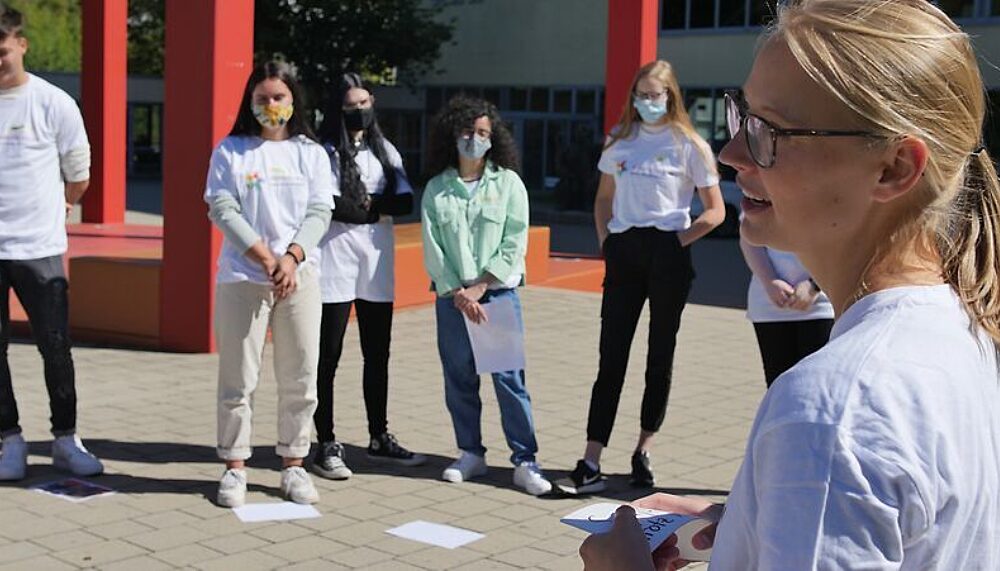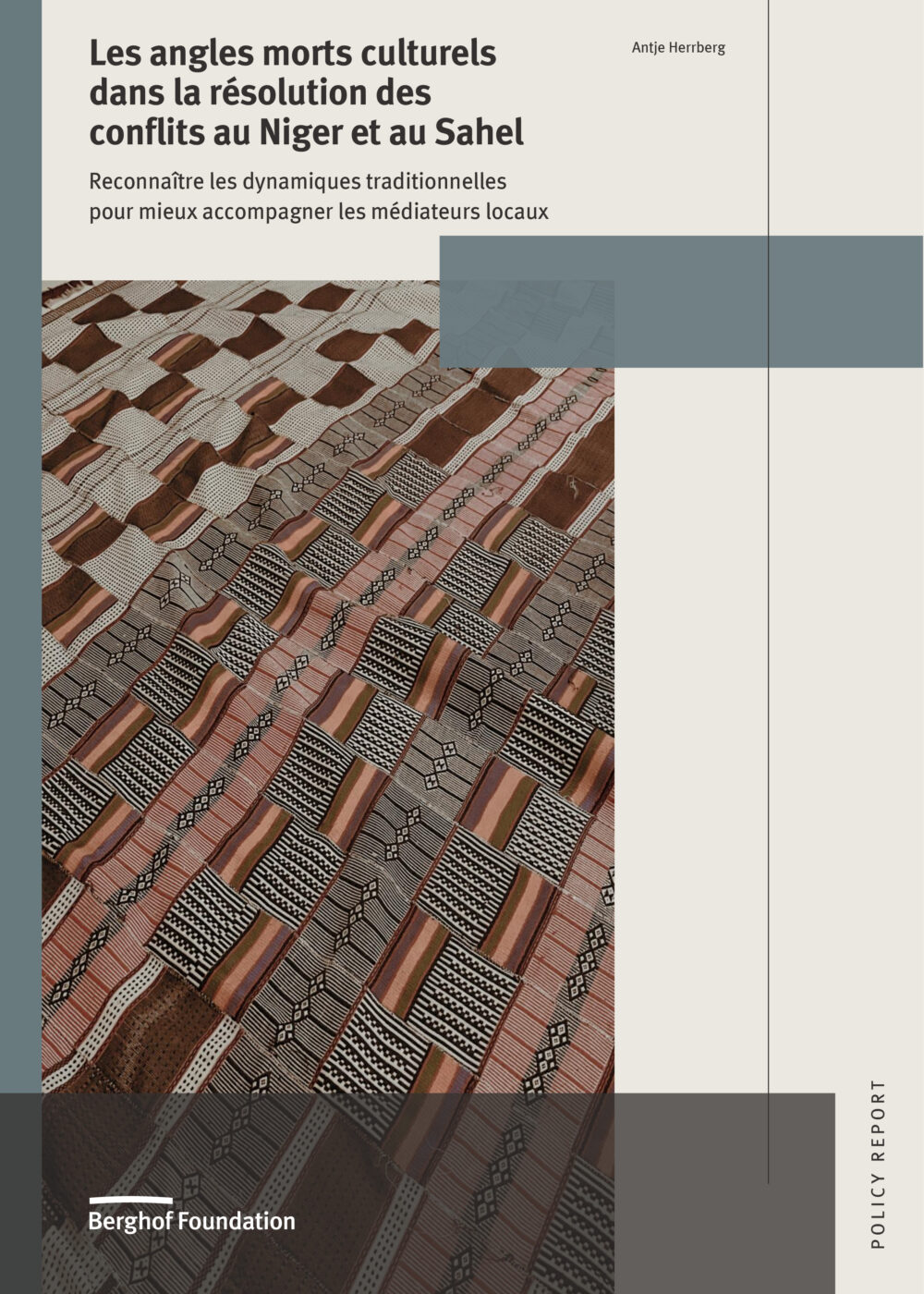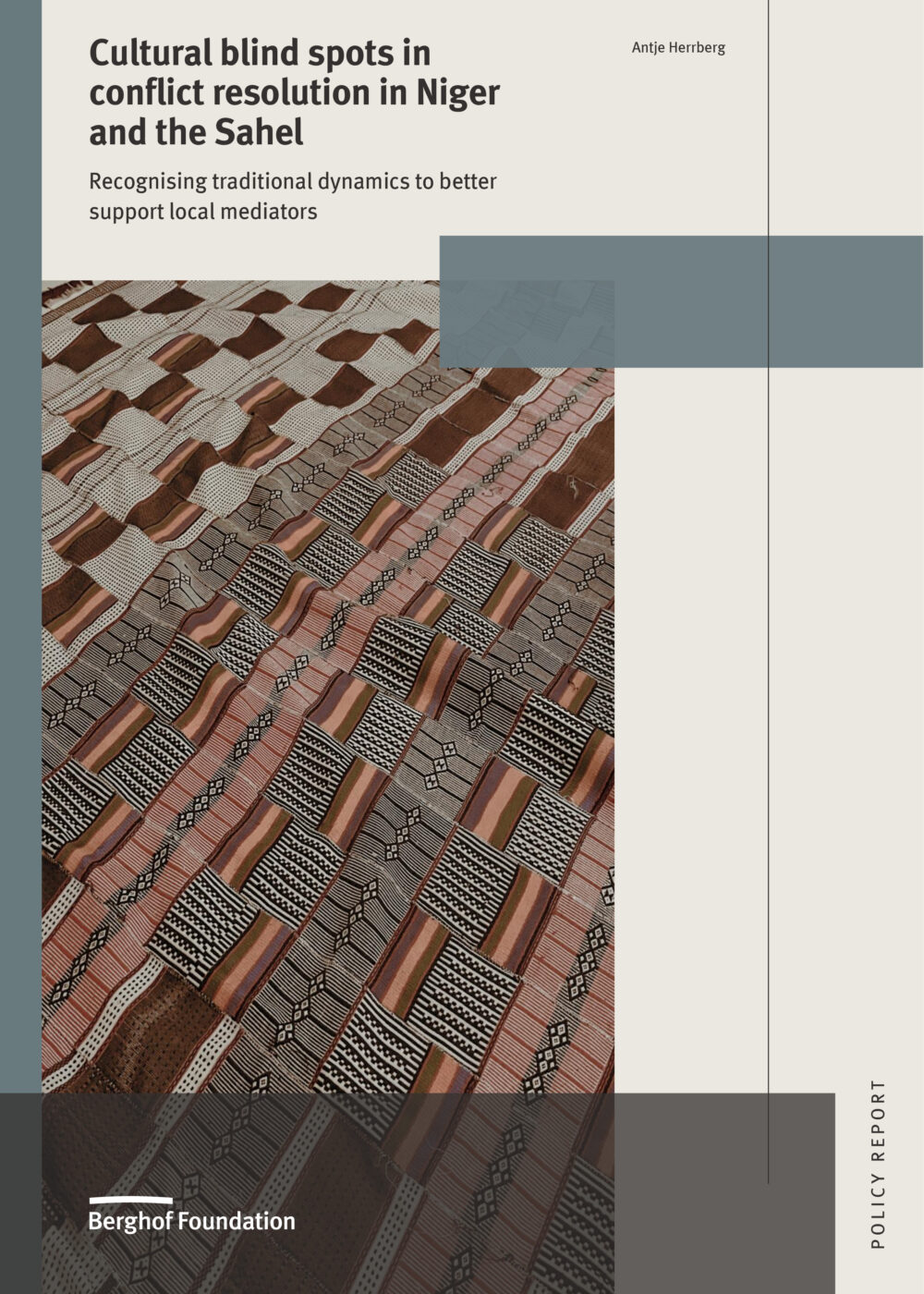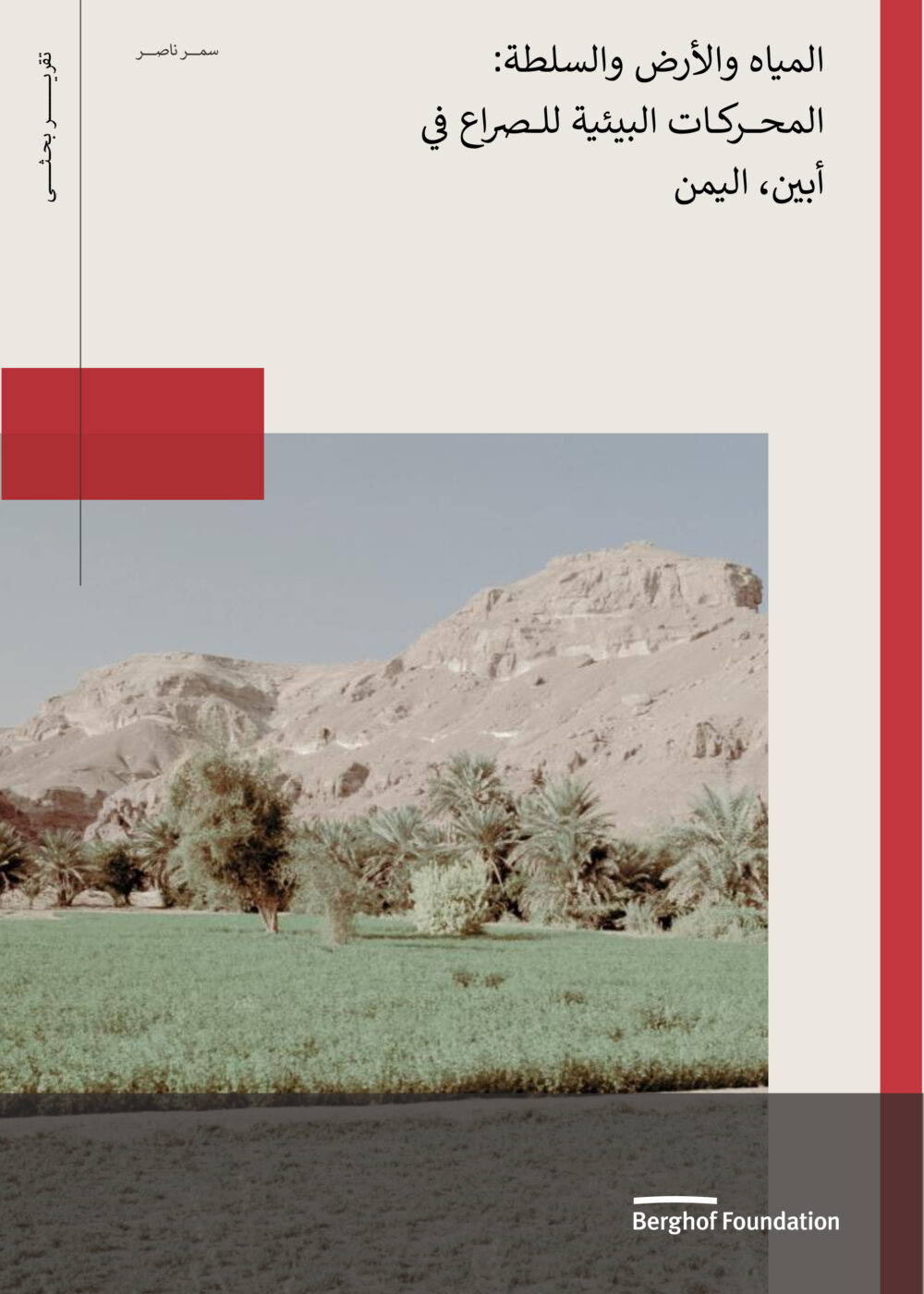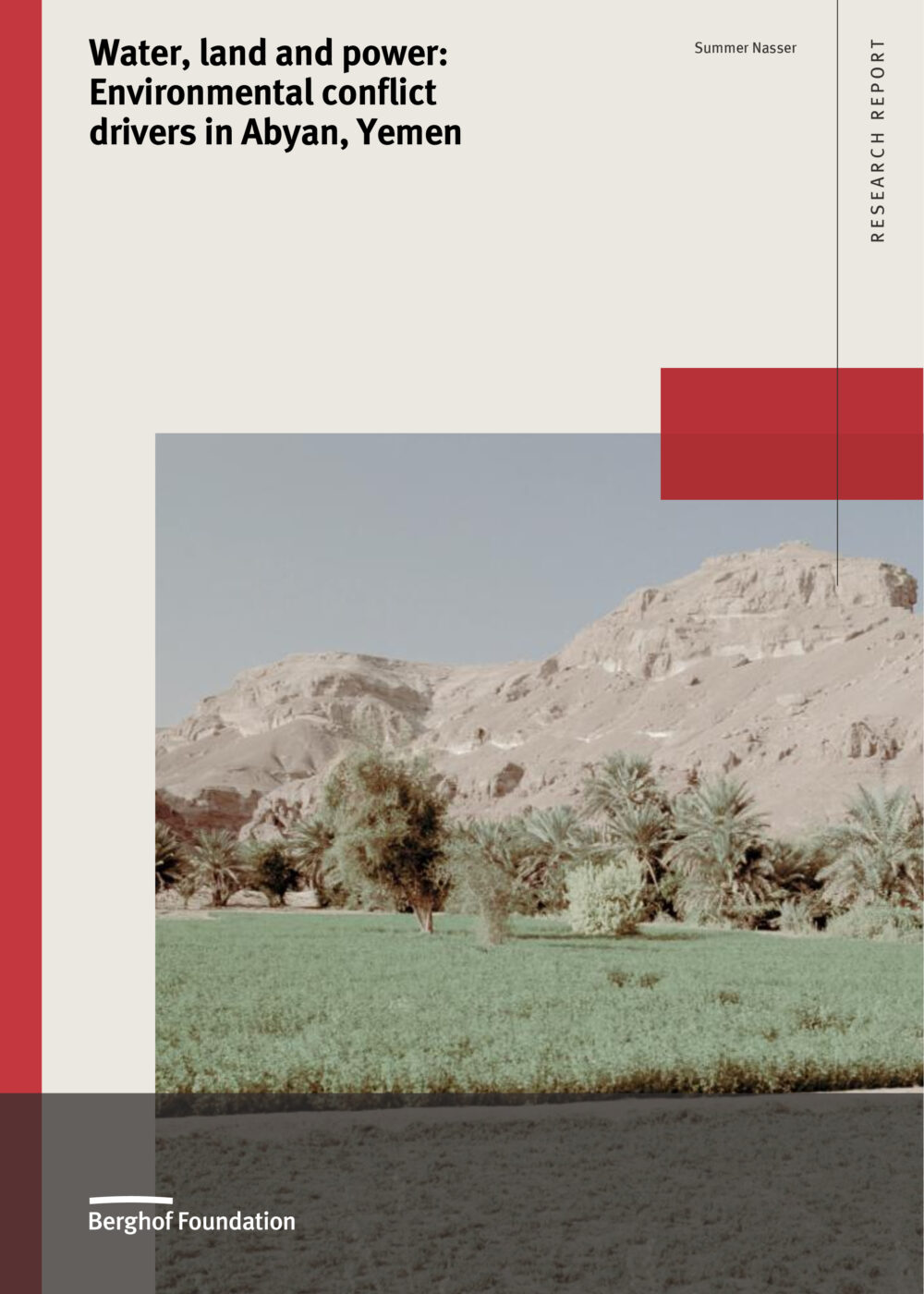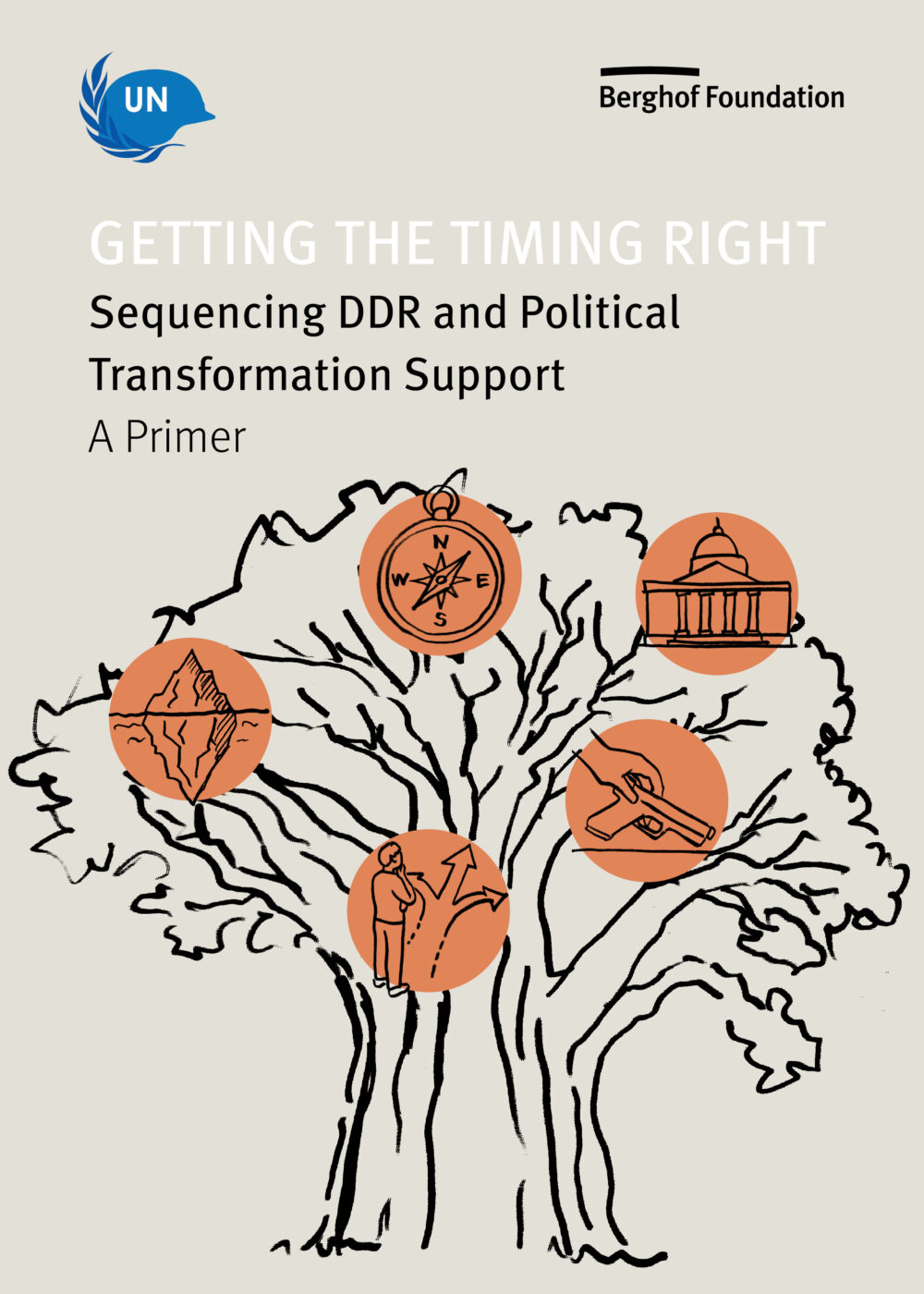28 Sept 2023
Climate change effects on conflict dynamics in Iraq
Study of Makhmur, Tal Afar, and Al-Rifai districts
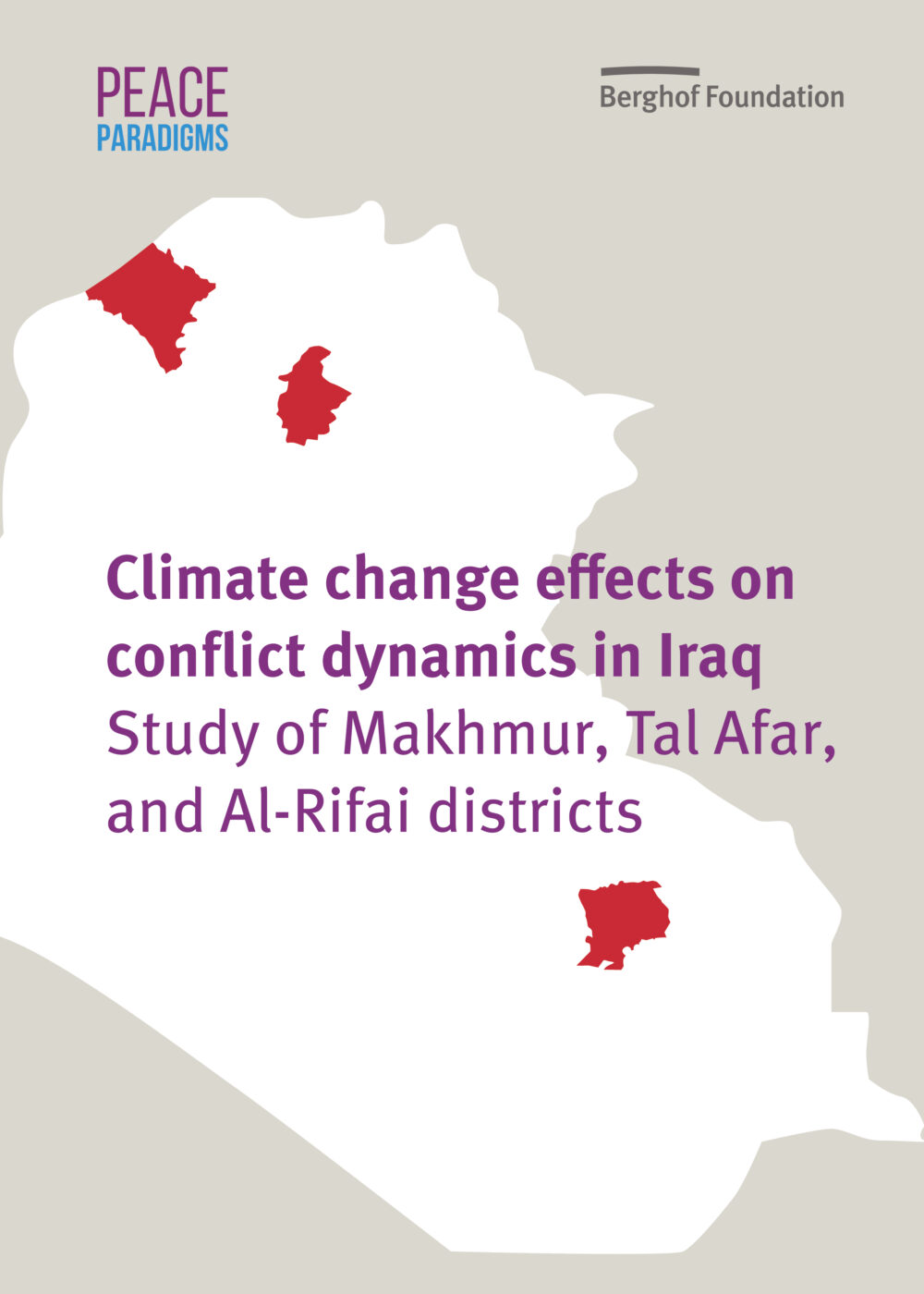
The negative effects of climate change and the security risks associated with it are beginning to register across Iraq. Over the past decade, the rise in extreme weather events, such as high temperatures, droughts, desertification, flooding, and sand and dust storms, has caused various severe consequences, including water scarcity, loss of economic livelihoods (particularly for those relying on the agricultural sector), climateinduced displacement and migration, and a rise in food insecurity.
The country’s vulnerability to these impacts has risen due to capacity constraints and a lack of structures and mechanisms that can effectively respond to and mitigate the effects of climate change. The challenges Iraq is currently facing, including those associated with the recent conflict with ISIS, political exclusion, and poor governance, have only been exacerbated by the effects of climate change.
This study seeks to delve deeper into the issue of climate change and its links to and effects on conflict dynamics throughout the country. Specifically, it focuses on climate pathways – or the ways in which climate change is contributing to conflict and insecurity – in Makhmur, Al-Rifai and Tal Afar. Overall, the study found that various pathways are present to some degree in the districts, with natural resources, livelihood insecurity, food insecurity, and weak governance the most prominent pathways. In addition, the report gives several recommendation on how to confront the effects on climate change in regards to conflict dynamics in Iraq.
- AR - العَرَبِيَّة (Arabic) - آثار تغيّّر المناخ على ديناميّات النزاع في العراق. دراسة أقضية مخمور وتلعفر والرفاعي
- KU - کوردی (Kurdish) - کاریگەری گۆڕانی کەشوهەوا لەسەر داینامیکی ململانێکان لە عێراق. لێکۆڵینەوە لە قەزاکانی مەخمور، تەلعەفەر، و ئەلریفای
Thanks for your interest
If you find this publication useful, please consider making a small donation. Your support enables us to keep publishing.

